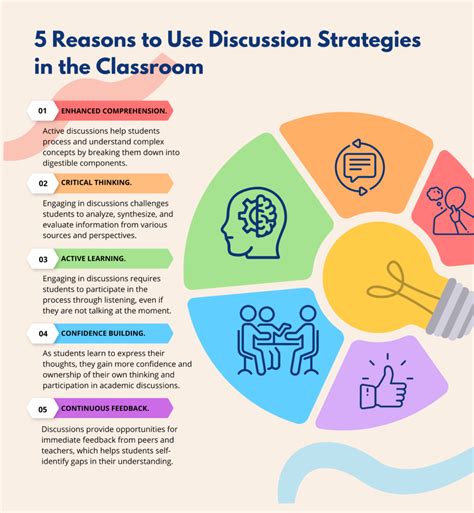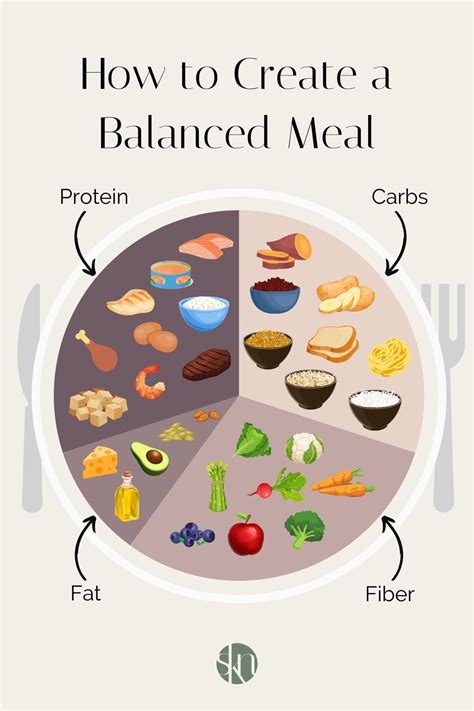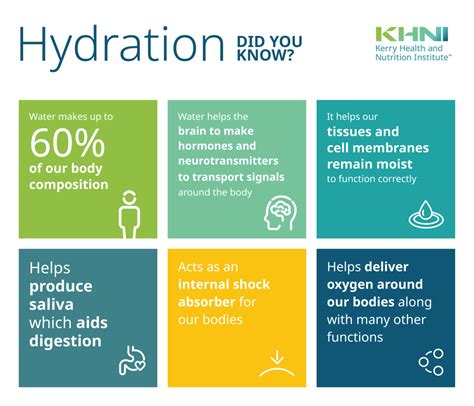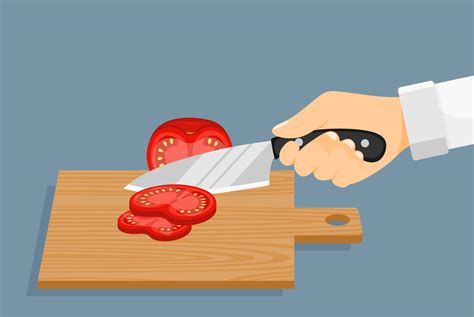Understanding the Male Energy Challenge
For many men, the quest for sustained energy, unwavering focus, and consistent performance is an ongoing battle. The mid-afternoon crash, the struggle to concentrate, or the feeling of being perpetually drained can impact everything from professional productivity to personal well-being. These energy slumps aren’t just a sign of being tired; they often point to deeper imbalances in how our bodies are fueled and cared for. Understanding the specific nutritional and lifestyle levers that can optimize male energy is key to unlocking a more vibrant, high-performing self.

The Macronutrient Powerhouses: Carbs, Proteins & Fats
The foundation of sustained energy lies in a balanced intake of macronutrients – carbohydrates, proteins, and fats. It’s not just about consuming them, but consuming the right types and ratios.
- Complex Carbohydrates: These are your body’s preferred long-term fuel source. Unlike simple sugars that lead to rapid energy spikes and subsequent crashes, complex carbs found in whole grains (oats, quinoa, brown rice), legumes, and starchy vegetables (sweet potatoes) release glucose slowly into the bloodstream, providing a steady supply of energy for both physical and cognitive functions.
- Lean Proteins: Essential for muscle repair, hormone production, and satiety, protein plays a critical role in stabilizing blood sugar and preventing energy dips. Sources like chicken, fish, lean beef, eggs, and plant-based options such as lentils, beans, and tofu keep you feeling full and provide amino acids vital for neurotransmitter synthesis, which impacts focus and mood.
- Healthy Fats: Often misunderstood, healthy fats are crucial for hormone regulation, brain health, and sustained energy. Omega-3 fatty acids (found in fatty fish, flaxseeds, walnuts) are particularly beneficial for cognitive function. Monounsaturated and polyunsaturated fats from avocados, nuts, seeds, and olive oil provide concentrated energy and help absorb fat-soluble vitamins.

Micronutrients: The Unsung Heroes of Vitality
While macronutrients provide the bulk of energy, micronutrients – vitamins and minerals – act as cofactors in countless metabolic processes that convert food into energy. Deficiencies can silently sabotage your energy levels.
- B Vitamins: A complete spectrum of B vitamins (B1, B2, B3, B5, B6, B7, B9, B12) is vital for cellular energy production. Found in whole grains, meat, eggs, dairy, and leafy greens, they help convert carbohydrates into glucose and metabolize fats and proteins.
- Magnesium: Involved in over 300 enzymatic reactions, magnesium is crucial for muscle function, nerve transmission, and energy production. Low levels can lead to fatigue, muscle cramps, and poor sleep. Good sources include nuts, seeds, leafy greens, and dark chocolate.
- Iron: Essential for transporting oxygen throughout the body, iron deficiency (anemia) is a common cause of fatigue, weakness, and difficulty concentrating. Red meat, poultry, fish, spinach, and fortified cereals are excellent sources.
- Vitamin D: Beyond bone health, Vitamin D plays a role in mood, immune function, and energy levels. Sunlight exposure, fatty fish, and fortified dairy are key sources.
Hydration: The Often-Forgotten Fuel
Dehydration is one of the quickest routes to an energy slump. Even mild dehydration can impair cognitive function, reduce physical performance, and trigger fatigue. Water is involved in every bodily process, including nutrient transport and waste removal. Aim for at least 8 glasses of water daily, and more if you’re exercising or in a hot climate. Herbal teas and water-rich fruits and vegetables also contribute to your daily intake.

Timing and Consistency: Beyond What You Eat
It’s not just what you eat, but when and how consistently you eat it. Skipping meals or going too long between eating can lead to significant drops in blood sugar and subsequent energy crashes. Aim for regular meals and nutrient-dense snacks throughout the day to maintain stable energy levels. Prioritize a balanced breakfast to kickstart your metabolism and avoid heavy, high-sugar meals that can induce post-meal lethargy.
Lifestyle Factors: The Holistic Approach
Nutrition is a cornerstone, but a holistic approach to sustained energy also integrates other critical lifestyle factors:
- Quality Sleep: Non-negotiable for physical and mental recovery. Aim for 7-9 hours of quality sleep per night.
- Stress Management: Chronic stress depletes energy reserves. Incorporate stress-reducing practices like meditation, deep breathing, or hobbies.
- Regular Exercise: While it expends energy, consistent physical activity improves cardiovascular health, boosts mood, and ultimately enhances overall energy levels.

Conclusion: Fueling Your Best Self
Beating male energy slumps is an achievable goal that starts with conscious fueling and healthy lifestyle choices. By prioritizing complex carbohydrates, lean proteins, healthy fats, and a full spectrum of micronutrients, alongside consistent hydration, quality sleep, stress management, and regular exercise, men can unlock sustained focus, enhanced performance, and an overall greater sense of vitality. It’s an investment in your well-being that pays dividends across all aspects of life.





